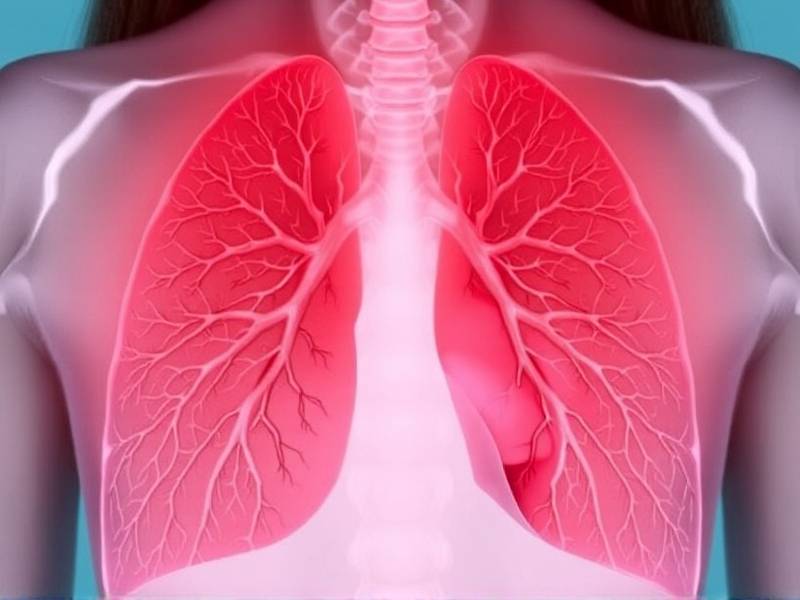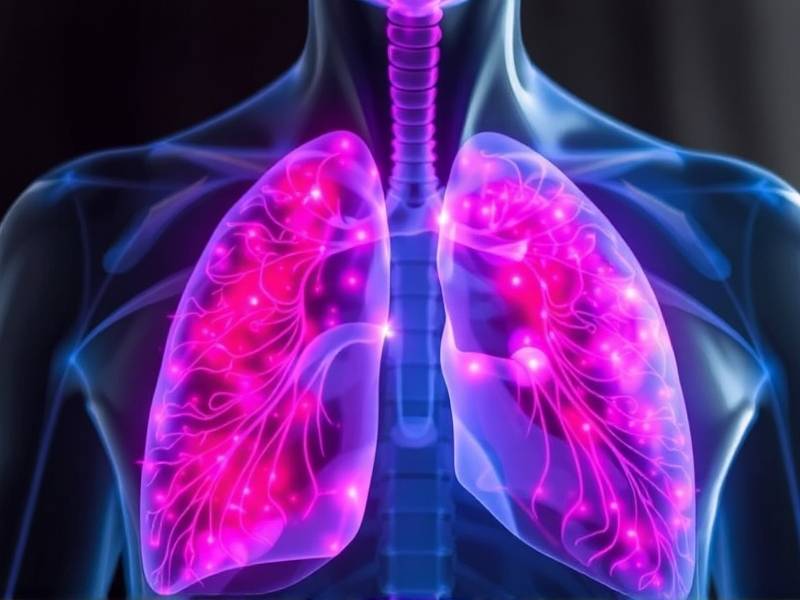How Long Before Your Lungs Are Clear After Quitting Smoking?
The Journey to Clear Lungs: How Long After Quitting Smoking?
Introduction: The decision to quit smoking is a significant step towards a healthier life. Many smokers are eager to know how long it takes for their lungs to clear after quitting. This article delves into the process, providing insights into the timeline and factors that can influence lung recovery.
-
Understanding Lung Damage from Smoking Smoking damages the delicate tissues in the lungs, leading to various health issues such as chronic obstructive pulmonary disease (COPD), emphysema, and lung cancer. The severity of lung damage depends on several factors, including the number of years smoked, the number of cigarettes smoked per day, and individual susceptibility.

-
The Timeline for Lung Recovery The process of lung recovery after quitting smoking varies from person to person. Here's a general timeline to give you an idea:
-
1-3 months: As nicotine levels decrease, your body starts repairing damaged cells in the lungs. You may notice an improvement in your overall energy levels and sense of smell.
-
6 months: Bronchial tubes begin to relax, allowing for easier breathing. Your lungs' capacity may start to improve.
-
1 year: The risk of heart disease decreases by half compared to that of a smoker.
-
5 years: The risk of stroke is reduced by about the same amount as that of a non-smoker.

-
10 years: The risk of lung cancer decreases significantly, approaching that of someone who has never smoked.
- Factors Affecting Lung Recovery Several factors can influence how quickly your lungs recover after quitting smoking:
- Age: Younger individuals tend to recover faster than older smokers.
- Gender: Women often experience faster recovery than men.
- Overall health status: Smokers with pre-existing health conditions may take longer to recover.
- Environmental factors: Exposure to secondhand smoke or air pollution can delay recovery.
- Exercise and nutrition: Regular exercise and a balanced diet can enhance lung function and promote healing.
- Tips for Accelerating Lung Recovery To speed up lung recovery after quitting smoking, consider the following tips:
- Stay hydrated by drinking plenty of water.
- Engage in regular physical activity, such as walking or cycling.
- Maintain a healthy diet rich in fruits, vegetables, whole grains, and lean proteins.
- Avoid exposure to secondhand smoke and air pollution.
- Seek support from friends, family, or support groups dedicated to smoking cessation.
Conclusion: Quitting smoking is an important step towards improving your overall health and well-being. While it may take time for your lungs to fully recover, being aware of the process and taking steps towards better lung health can make a significant difference. Remember that every day without smoking brings you one step closer to clearer lungs and a healthier life.
